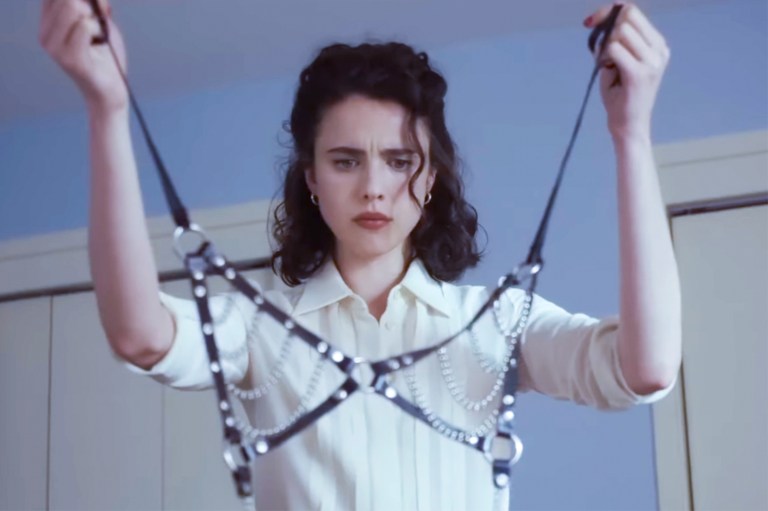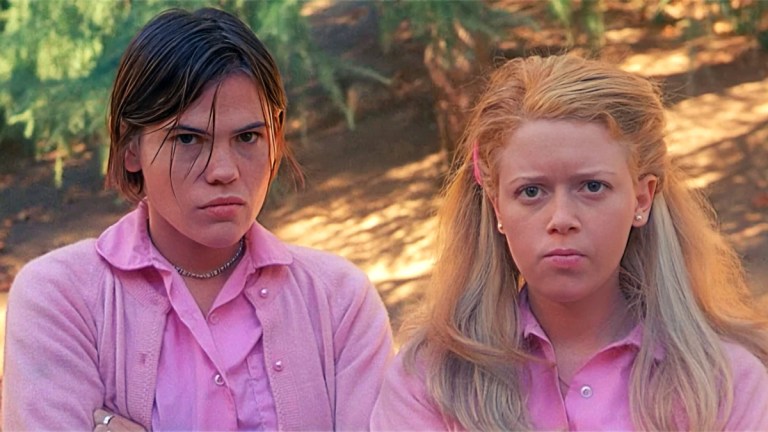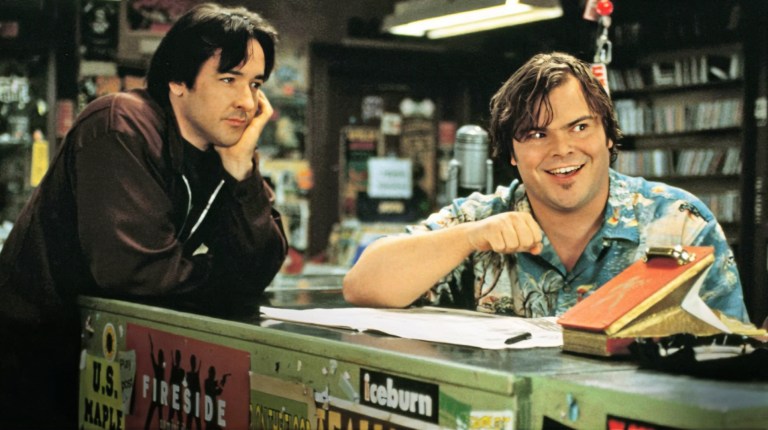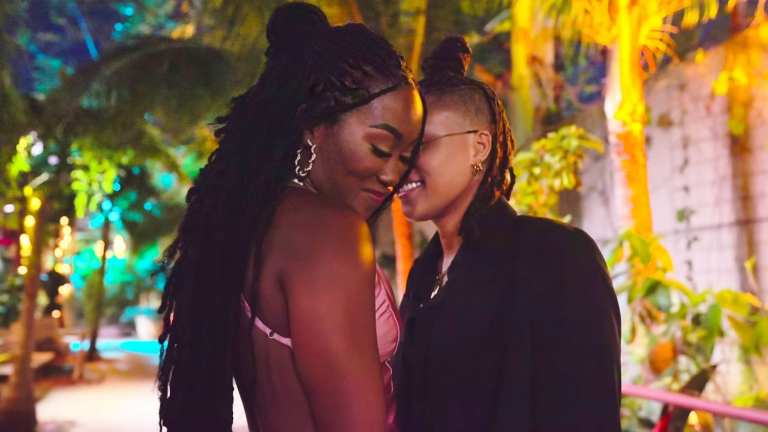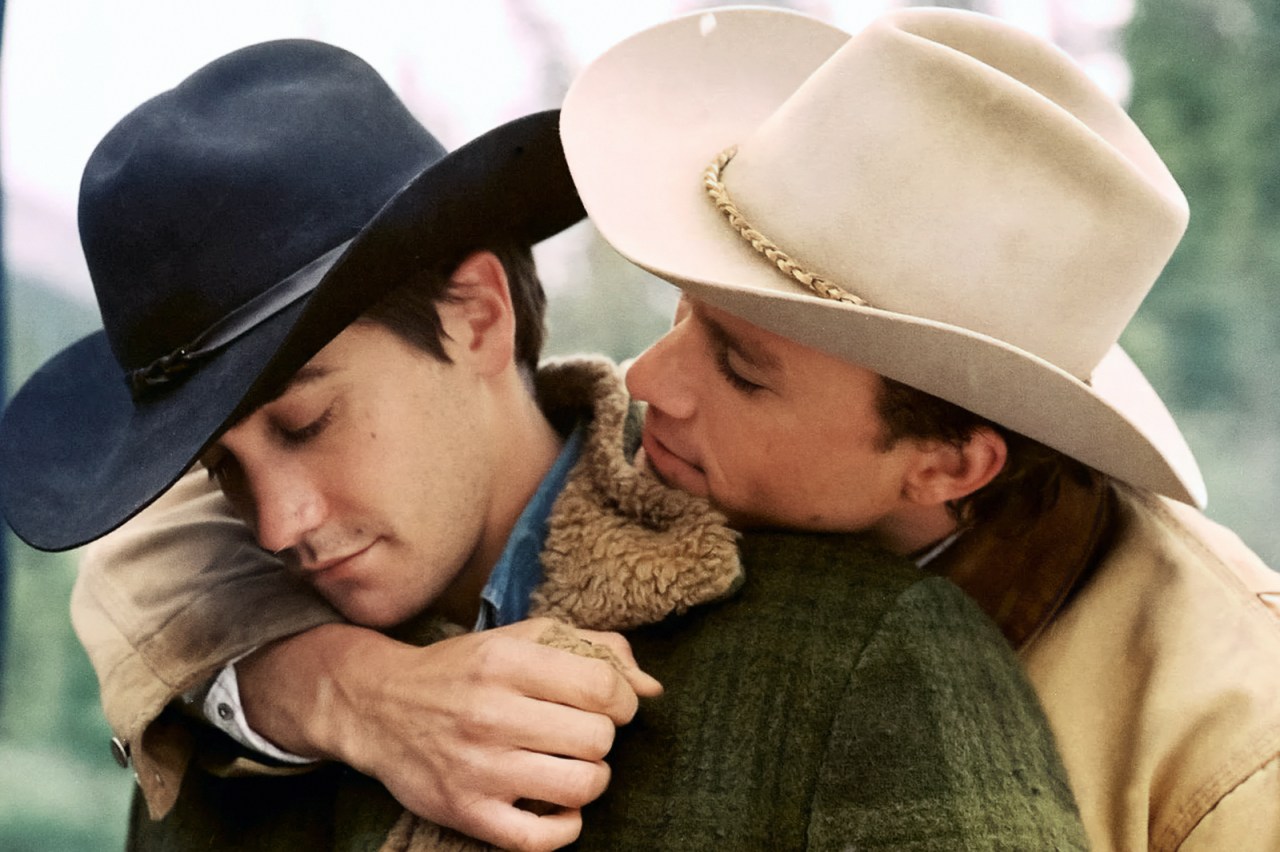
‘Brokeback Mountain’ Is Back In Theaters For Its 20th Anniversary, And More Relevant Than Ever
My girlfriend has a track record of making me watch the most emotionally devastating films of all time: Titanic, Patch Adams, The Green Mile, documentaries about everything from 9/11 to children with cancer; and I have a track record of humoring her.
So when she asked me to go to the theater for the 20th anniversary re-screening of Brokeback Mountain, which neither of us had seen before (except for the clips of Jake Gyllenhaal and Heath Ledger’s epic performances making their rounds on TikTok), I was anticipating a certain ’emotional tone’ that I tried to prepare myself for, but was pleasantly surprised by how well-rounded the film truly was, and how it was able to move me on so many different levels beyond complete emotional obliteration.
I missed the train on this film when it originally came out in 2005, just before my 15th birthday, and I feel a sense of guilt for not having seen it until now. In my defense, I wasn’t old enough to get into a Rated-R film, and was probably still too mortified by the thought of high-school sex ed class to feel comfortable watching a film that dealt explicitly with sexuality.
At that point in my life I had never been in love, my own queer awakening was still a decade away, and I did not have the emotional maturity or critical thinking skills necessary to A) seek this film out or B) properly engage with its dialogue. That being said, I am very aware, and very grateful for all the ways that films like this one have transformed culture over the past two decades, allowing me to walk into a theater today, with my girlfriend, comfortably, and enjoy this experience without any sense of taboo.
It’s a distinctly trippy feeling, to think about how that transformation takes place across time and reality. Ennis and Jack’s story takes place between the 60s and the 80s, with a flashback to Ennis’ childhood, presumably in the 50s. That scene, where his father brings him and his brother to see the body of a gay man who has been brutally murdered, potentially by Ennis’ own father, is the underlying trauma fueling his personal homophobia, and mirrors the scene we later see of Jack being beaten to death, in direct contradiction to the account his wife, Lureen, gives Ennis about her husband dying in a freak accident.
We never know if that scene is true or simply the inevitable conclusion Ennis’ own imagination would arrive at based on his trauma. Our own imaginations fill in the same blanks once the short scene has ended, and we imagine just how terrible the things are not shown, i.e. the rest of the attack/murder would be.
This narrative choice and ambiguity convey the violence beyond the violence—how experiencing, witnessing, and living in fear of hate crimes wreaks havoc on the psyches of these two queer men, and also drive them to cause more pain to themselves and each other as a result of that fear.
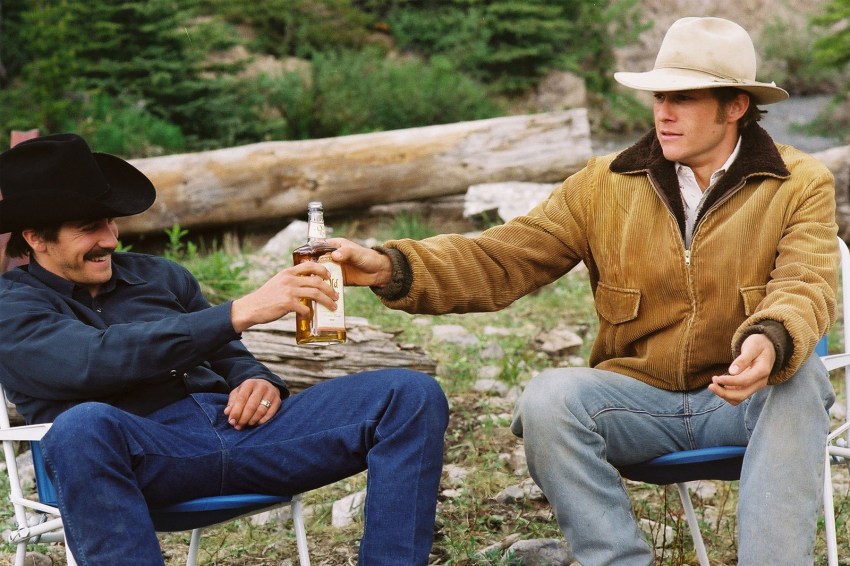
Instead of sensationalizing the violence in and of itself, its depiction actually humanizes these characters, their experiences, and their love for each other. At the end of Ennis and Jack’s last meeting, there is a montage comparing their initial affair as shepherds on Brokeback Mountain to their entire relationship. One of the two men is always leaving the other, whether its to sleep near the sheep in the pup tent, or return to their closeted lives ‘back home’.
When we see the parallels between these ‘negotiations’ of space, proximity, and intimacy, we realize that Jack’s earlier protestations about the unfairness of the rules imposed upon them by the rancher, is really just a foreshadowing of his outspoken desire to have a life with Ennis.
On the other hand, we see just how dismal and depressing Ennis’ life has become because of his debilitating fear. It’s only after Jack’s death that we see him truly embrace the full significance of what their relationship meant, symbolized by the shirts they wore as herders stowed away on a single hanger in Jack’s childhood bedroom.
You can’t leave the theater not knowing these two men deserved a chance to be together, but the beauty of the 20th anniversary screening is knowing that because of narratives like this, many more queer people now do, and have an easier time than in 2005, 1983, 1963, or 1953. Depicting the cycle of violence while at the same time preserving the dignity of those who experienced it, has created space to break that very cycle, even if there is still work left to be done.
It didn’t happen overnight, as I have seen in the original reviews centering on that “gay cowboy” movie and speculation on whether the main characters were gay, queer, bisexual, or straight. But today, the phrase “gay cowboy” also brings to mind queer artists like Lil Nas X, who topped charts with the hit song “Old Town Road” and challenged stereotypes of gender, race, and sexuality in the context of country music, in the midst of his own public coming out. The dialogue not only continues, but expands.
So whether you’ve seen Brokeback before or not, there’s no better time to re-engage with this dialogue, and a film that is truly meant for the shared experience of watching the big screen in the dark amongst the collective anonymity of your fellow theater-goers. There are still some works of art that OTT streaming devices just don’t do justice to. Some of that movie magic (the best parts, if you ask me) just get lost in translation.

